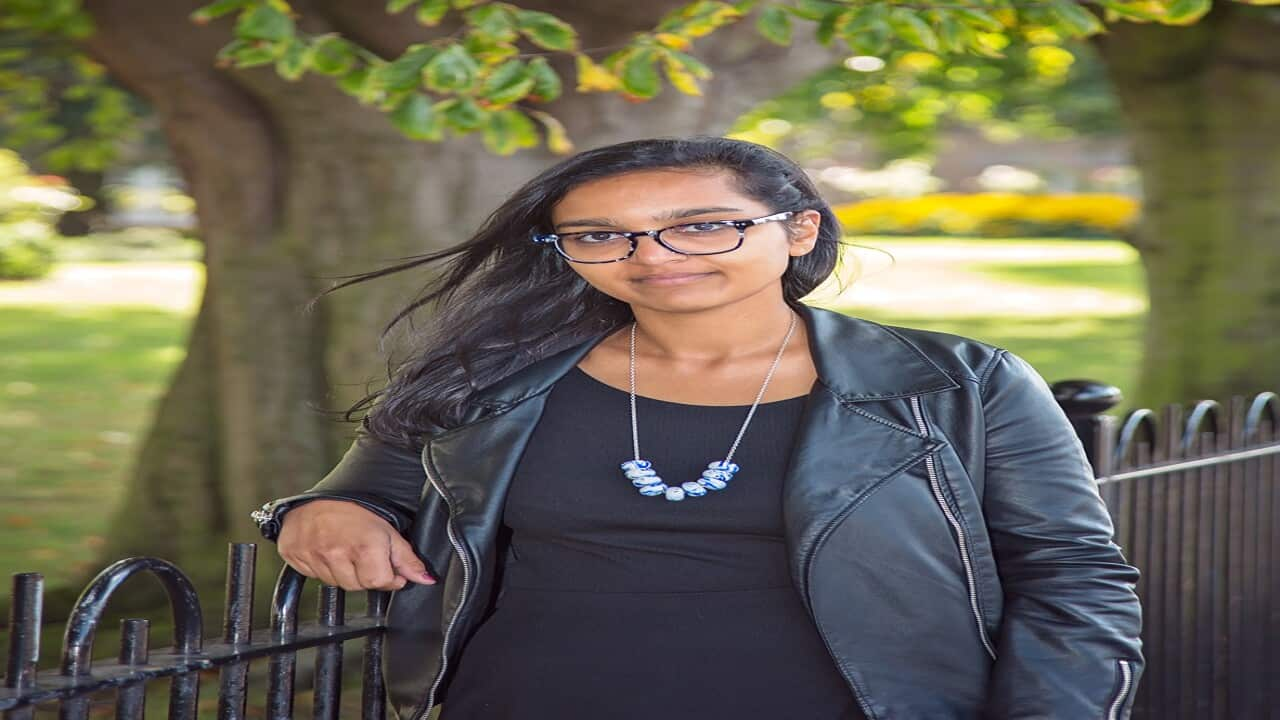OPINION
Most Australians will have heard of Priya, Nadesalingam and their two little girls Kopika and Tharunicaa from the town of Biloela who are facing deportation from our shores.
A petition protesting their deportation has garnered a quarter of million signatures with the small Queensland town rallying around the family.
They are a wonderful example of the contribution that migrants and refugees make to Australia when given a chance to contribute, instead of being locked away on offshore islands far from Australians eyes.
The level of support for Priya, Nades and their children is unique to their circumstances but not surprising to fellow migrants who have lived in regional areas. The Biloela community has rallied around this family because small communities are often driven to solidarity precisely because of their limited size.
Priya and Nades actively joined the Biloela community, with Nades reportedly volunteering with St Vincent de Paul, and Priya known to make curries for local hospital staff.
These individual acts might seem ordinary, but they are significant precisely because they challenge the commonly held view that regional Australians don’t want refugees entering our country, and that migrants and refugees will only experience racism and alienation in regional towns.
Whilst we certainly experienced some racism, our overwhelming experience was one of joining and being welcomed by a new community.
The local church loaned us their hall so we could host Muslim prayers on a Friday, and where farmers allowed us to slaughter animals for meat on their property, because the nearest halal butcher was in Melbourne.
Like Priya and Nades, my parents were committed to embracing their new lives as Australians, because they knew what an amazing opportunity it was to be in a western democracy, as compared to a country that was still suffering the ravages of post-colonial political instability like Fiji. The opportunity was one doled out by powerful white people off the back of colonisation, but even if we contested the distribution of global power and wealth, we knew that we were comparatively lucky to be able to call Australia home.
That doesn’t mean that immigrants and settled refugees owe a debt of gratitude to Australians. It means that, like many Australians, we are committed to this country and we want it to prosper for future generations.
This sense of an Australian identity is strengthened in regional communities because, by necessity, people engage with each other more. The things that unite us are more important than those that divide, because if a natural disaster hits, or a tragedy occurs, everyone will be needed to pitch in and support those in need, regardless of race.
It’s why so many Biloela locals have shown their immense dedication to the wellbeing of Priya, Nades and their girls. It’s why the good people of Albury welcomed another family to their midst when my family arrived. Because the unspoken social contract of community means we all commit to being there for each other, should we need to be.
The political discussion on refugees is reliant on othering people like Priya and Nades, by calling them ‘boat people’, by moving them from place to place under the cover of darkness, and by limiting the ability for Australians to interact with them on a human level.
Priya and Nades stand as a reminder that refugees are people.
They have families, and hopes and desires, and so much to share with others, if given the chance.
We owe a debt to Priya and Nades for reminding us that Australians have more to gain by celebrating our commonalities with refugees and migrants, than we do by closing our doors to them.
Share


